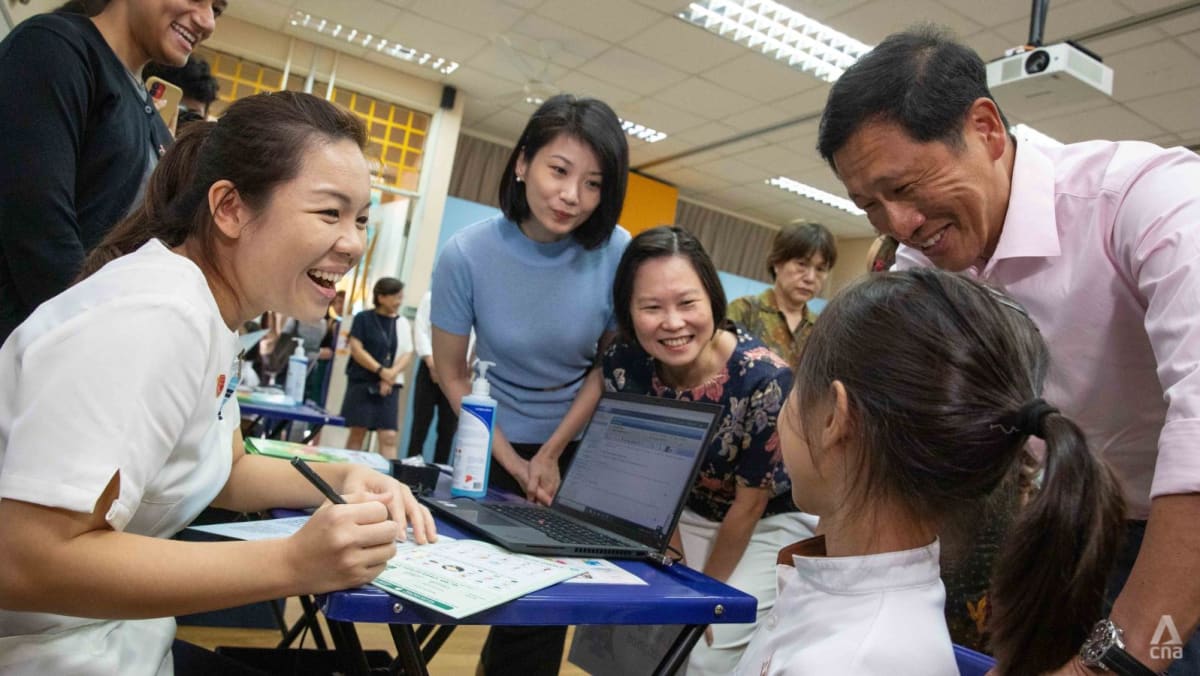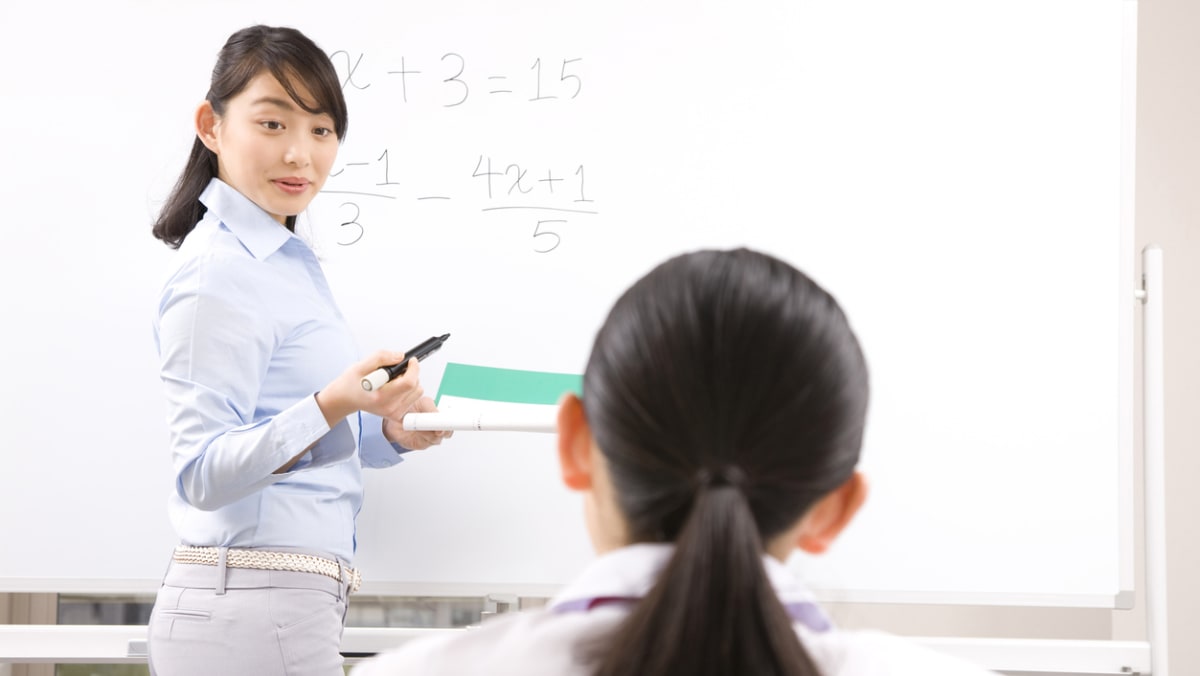SINGAPORE: Guidelines on screen use will be introduced in schools, including preschools, as part of a new national strategy launched on Tuesday (Jan 21) to address children’s health.
The national health promotion strategy – Grow Well SG – seeks to improve preventive care and inculcate healthier lifestyles in children and adolescents, according to a joint release issued by the Ministry of Health (MOH), Ministry of Education (MOE) and Ministry of Social and Family Development (MSF) on Tuesday.
During a media briefing on Monday, MOH said local cohort studies have led to more studies on children’s health behaviours and their impact in the short as well as long term.
This includes studies on how the central nervous system and brain developments are associated with screen use as well as how inadequate physical activity has resulted in poorer body mass index (BMI) or obesity problems.
“We’ve reached a critical point. We have enough evidence that prompts us to want to do something than to wait for more evidence to come up,” said MOH.
For a start, the new strategy will focus on children aged up to 12 years old but will be extended to older children subsequently.
TACKLING EXCESSIVE SCREEN TIME
As part of the strategy, the Early Childhood Development Agency (ECDA) will update its code of practice for preschools, effective Feb 1, to mandate no screen use for infants up to 18 months.
This follows research indicating a strong association between screen use and cognitive development in infants and toddlers, with inappropriate and excessive use leading to poorer language skills and shorter attention spans.
Under the revised code of practice, screens can only be used for teaching and learning purposes for children aged 18 months to six years.
At the media briefing, MSF clarified that most preschools currently do not use screens in their care for infants.
“These new screen use requirements are actually reflective of practices in preschools today, but the inclusion of the screen use requirements in the code of practice formalises these practices, which are already widely adopted by preschools, and also makes clear to preschools what they should not screen as time fillers to occupy the children,” said MSF.
Responding to questions from reporters about what happens if a preschool does not comply with the code, the ministry said it will provide guidance and support to preschools in the first six months of implementation, adding that it will not take a punitive approach during this period.
“After that, for preschools who do not comply … ECDA will then direct them to cease this practice and also to take further regulatory actions if the children’s well-being is being compromised,” MSF said, adding that regulatory actions could include warnings.














